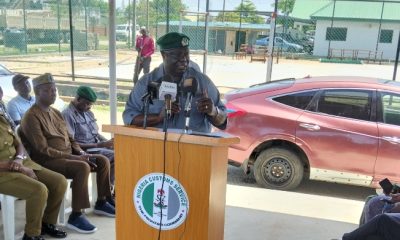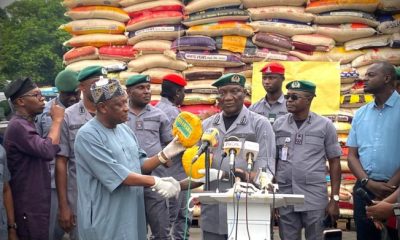…More Nigerians to embrace Whatsapp, Telegrams cost free comm offers
…N137.84bn to be earned from SMS in 2025
By Ezurike Ugochukwu & Florence Kalu
With the approved 50 per cent telecommunications companies (telcos) tariff increase by the Nigerian Communications Commission (NCC) average cost of phone calls will likely rise from N11 to N16.5 per minute, SMS charges will increase from N4 to N6 effective from February 2025.
The new tariff increase will also take cost of 1GB of data from N350 to N525. A situation that may affect consumer behaviour, forcing more Nigerians to shift towards over-the-top messaging platforms as WhatsApp and Telegram, which offer cost-free alternatives.
Notwithstanding the fact there was no fresh data generated for 2024, with analysis based on the available 2023 data, which might vary for 2025, this proposed hike could generate over N6.74tn in revenue from Nigerians to telecom operators in 2025 if call volumes remain stable.
Given, this projection excludes the impact of free and discounted call promotions, which may alter actual revenue figures.
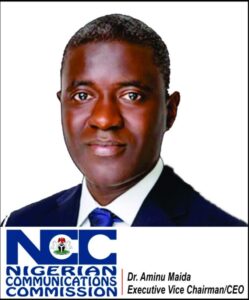 Analyzing from same 2023 Subscriber/Network Performance Report by the NCC showed that in 2023, total outgoing telephone traffic was 205.3 billion minutes, while incoming traffic stood at 203.2 billion minutes.
Analyzing from same 2023 Subscriber/Network Performance Report by the NCC showed that in 2023, total outgoing telephone traffic was 205.3 billion minutes, while incoming traffic stood at 203.2 billion minutes.
The report read, “As of December 2023 total outgoing Local and National Traffic was 205,298,114,995.11 minutes while Total incoming Local and National Traffic was 203,187,588,876.00 minutes. MTN had the highest total outgoing and incoming Traffic of 122,667,600,437.00 and 123,762,501,615.00 minutes respectively in 2023.”
The situation revealed that Nigerians spent about 408.5 billion minutes making local calls in 2023 even as this might vary for 2025.
Our analysis also excluded international calls, although Nigerians spent 1.5 billion minutes on international calls in 2023, according to the NCC.
Further analysis showed that MTN led the market, recording 122.7 billion minutes of outgoing traffic and 123.8 billion minutes of incoming traffic.
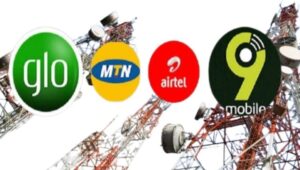 At the new rate of N16.5 per minute, MTN’s combined revenue from outgoing and incoming calls is projected to exceed N4tn, making it the primary beneficiary of the tariff adjustment and accounting for over 60 per cent of the market’s total revenue.
At the new rate of N16.5 per minute, MTN’s combined revenue from outgoing and incoming calls is projected to exceed N4tn, making it the primary beneficiary of the tariff adjustment and accounting for over 60 per cent of the market’s total revenue.
Airtel is expected to follow with a projected revenue of approximately N1.78tn, reflecting its strong share of both outgoing and incoming traffic.
Glo, the third-largest operator, is estimated to generate N536.2bn.
Smaller players, including Smile and Ntel, are expected to earn N5.7bn and N13.1bn respectively, affirming their minimal market influence.
9mobile (EMTS) is likely to generate about N105.6bn from its traffic volumes.
The projected N6.74tn revenue highlights the significant impact of the tariff increase.
Outgoing calls alone are expected to bring in N3.28tn, while incoming calls will contribute an estimated N3.23tn.
Despite the growing popularity of data services and over-the-top messaging platforms, voice calls remain a significant revenue driver for telecom operators.
MTN’s dominance in outgoing and incoming traffic reinforces its leadership position, with Airtel and Glo following as major contributors.
In contrast, smaller operators continue to face challenges, with limited market penetration and a smaller customer base impacting their revenue potential.
Tariff rate is said to have remained static without increase since 2013, NCC said the tariff adjustment is capped at 50 percent, below the 100 percent requested by the telcos.
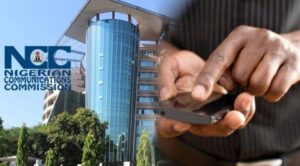 Presumably, the 50 per cent tariff hike expected to raise an average cost of SMS to N6, and significantly boost revenue for telecom operators in Nigeria.
Presumably, the 50 per cent tariff hike expected to raise an average cost of SMS to N6, and significantly boost revenue for telecom operators in Nigeria.
Relying on the 2023 SMS traffic data, not losing the fact that most Nigerians currently message through WhatsApp. Assuming traffic remains unchanged, projected earnings for 2025 could surpass N137.84bn.
According to the NCC’s 2023 annual report, a total of 22.97 billion SMS were sent and received during the year, representing an 11.38 per cent decline from the 25.92 billion recorded in 2022.
The telecom industry Is projected to earn N137.84bn from SMS in 2025, driven by the tariff hike.
According to the regulator, the increase in tariff is in response to prevailing market conditions.
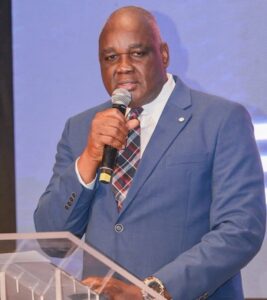
Muoka
In a statement on Monday by Reuben Muoka, the commission’s director, public affairs, NCC said the approval was pursuant to its power under Section 108 of the Nigerian Communications Act, 2003 (NCA) to regulate and approve tariff rates and charges by telecommunications operators.
The NCC emphasised that the changes would bring improvements in network quality, customer service, and connectivity coverage.
According to the statement, extensive consultations with stakeholders in both the public and private sectors informed the decision.
The NCC assured that the adjustments would be implemented transparently, with operators mandated to educate consumers about the new rates and ensure measurable improvements in service delivery.
The statement concluded, “As a regulator, the NCC will continue to engage with stakeholders to create a telecommunications environment that works for everyone, one that protects consumers, supports operators, and sustains the ecosystem that drives connectivity across the nation.”
In his contribution, president of the consumer group, Sina Bilesanmi said that the regulators including the NCC, and the minister were part of a virtual meeting in the morning where the decision for tariff hike was made.
Bilesanmi stated that the new tariff is to be implemented in February and warned that service providers must enhance their infrastructure and service quality within two weeks of the rollout.
“If we don’t see tangible improvements, we will take legal action against the telcos, the NCC, and the Federal Government,” he said.
The association’s support for the adjustment was driven by several factors, including the need to prevent the telecom sector from collapsing and to foster economic growth.
However, Bilesanmi made it clear that their acceptance is contingent on improved service delivery. “We urge our members to accept the tariff adjustment, but only if it results in better service. Otherwise, we will hold the authorities accountable,” he added.
Acknowledging the pressure in making the decision, Bilesanmi noted that stakeholders argued that rejecting the hike could lead to a shutdown of services. “I don’t want to be seen as an enemy of the economy,” he stated.
As February approaches, the association said it will closely monitor developments and remains committed to protecting consumer interests through all available legal means if service quality falls short of expectations.
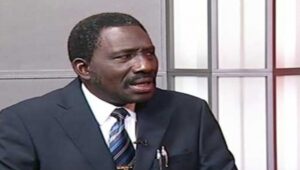
Ogunbanjo
Lending his voice, the president of the National Association of Telecoms Subscribers, Adeolu Ogunbanjo, has rejected the imposition of a new duty on the telecom sector, warning that it would worsen the taxation burden and negatively impact Nigerians.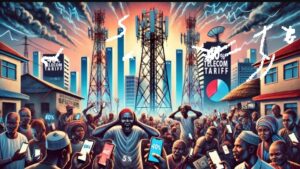
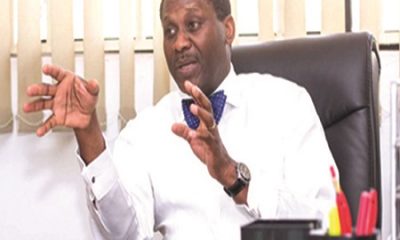
 Business5 years ago
Business5 years ago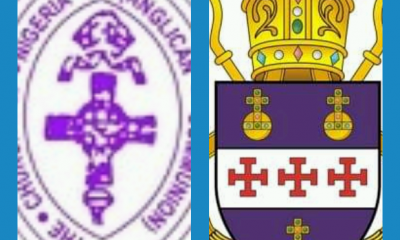
 News6 years ago
News6 years ago
 Crime2 years ago
Crime2 years ago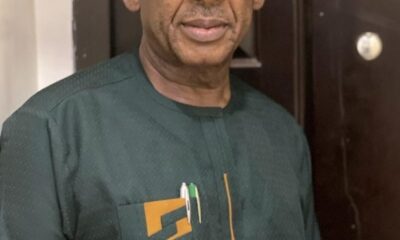
 News1 year ago
News1 year ago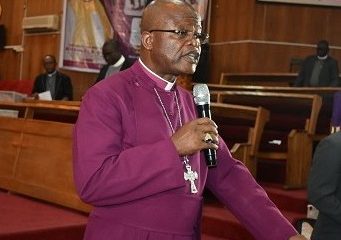
 News5 years ago
News5 years ago
 Football6 years ago
Football6 years ago
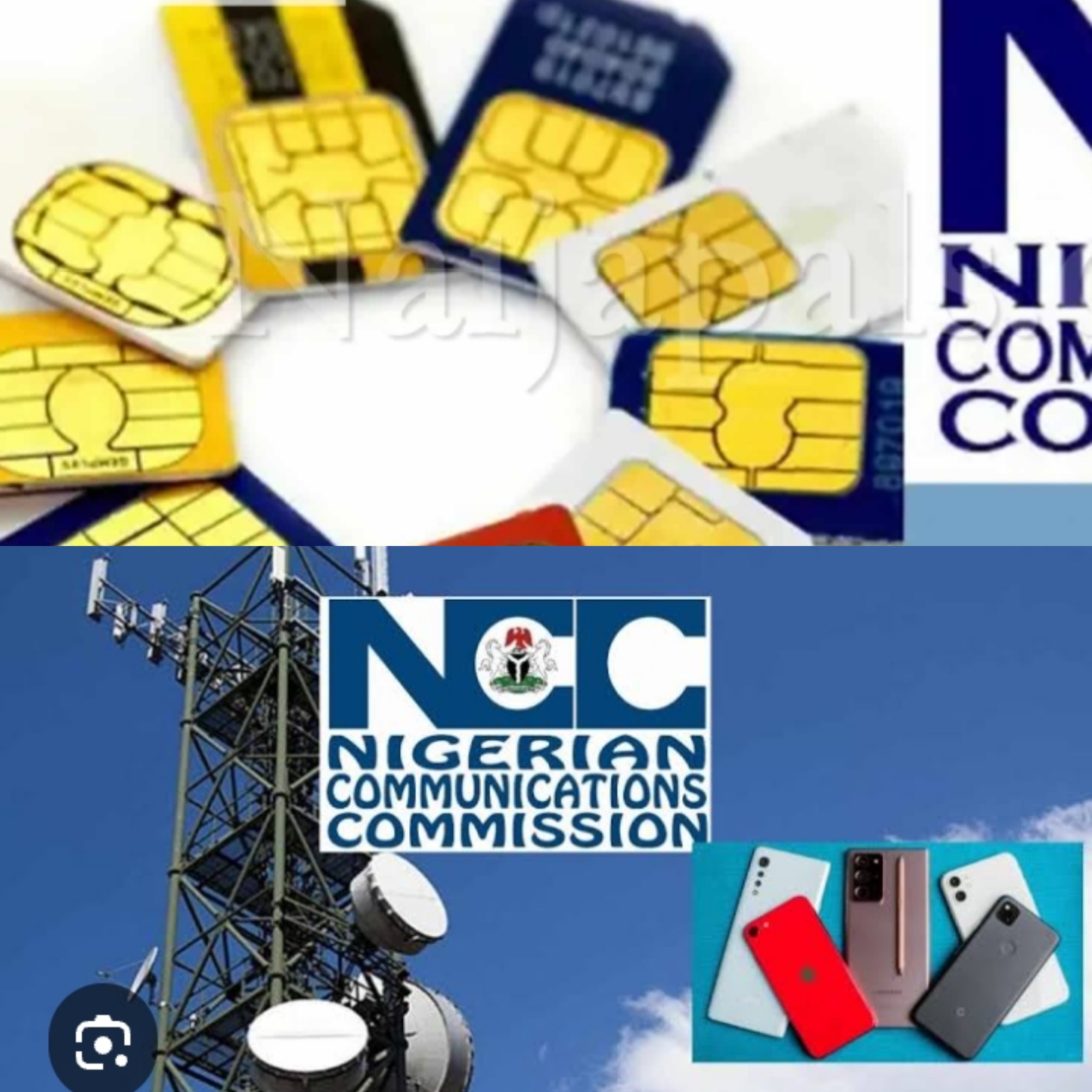

 Analyzing from same 2023 Subscriber/Network Performance Report by the NCC showed that in 2023, total outgoing telephone traffic was 205.3 billion minutes, while incoming traffic stood at 203.2 billion minutes.
Analyzing from same 2023 Subscriber/Network Performance Report by the NCC showed that in 2023, total outgoing telephone traffic was 205.3 billion minutes, while incoming traffic stood at 203.2 billion minutes. At the new rate of N16.5 per minute, MTN’s combined revenue from outgoing and incoming calls is projected to exceed N4tn, making it the primary beneficiary of the tariff adjustment and accounting for over 60 per cent of the market’s total revenue.
At the new rate of N16.5 per minute, MTN’s combined revenue from outgoing and incoming calls is projected to exceed N4tn, making it the primary beneficiary of the tariff adjustment and accounting for over 60 per cent of the market’s total revenue. Presumably, the 50 per cent tariff hike expected to raise an average cost of SMS to N6, and significantly boost revenue for telecom operators in Nigeria.
Presumably, the 50 per cent tariff hike expected to raise an average cost of SMS to N6, and significantly boost revenue for telecom operators in Nigeria.





